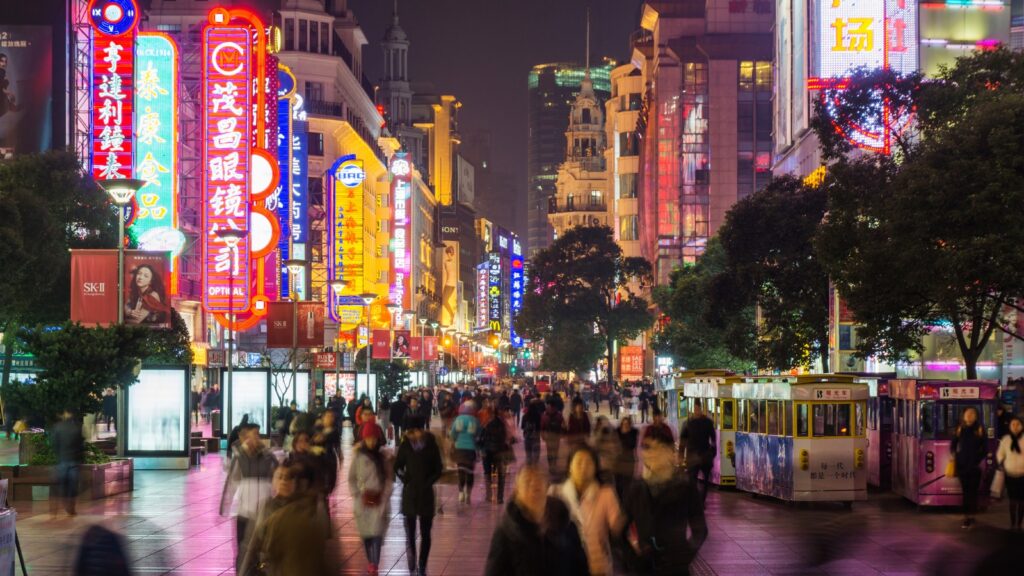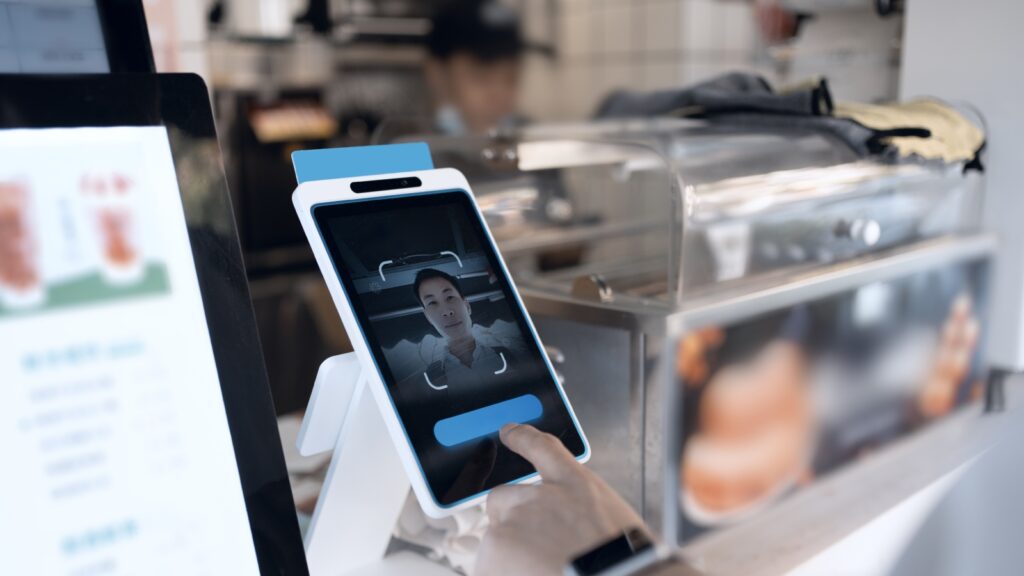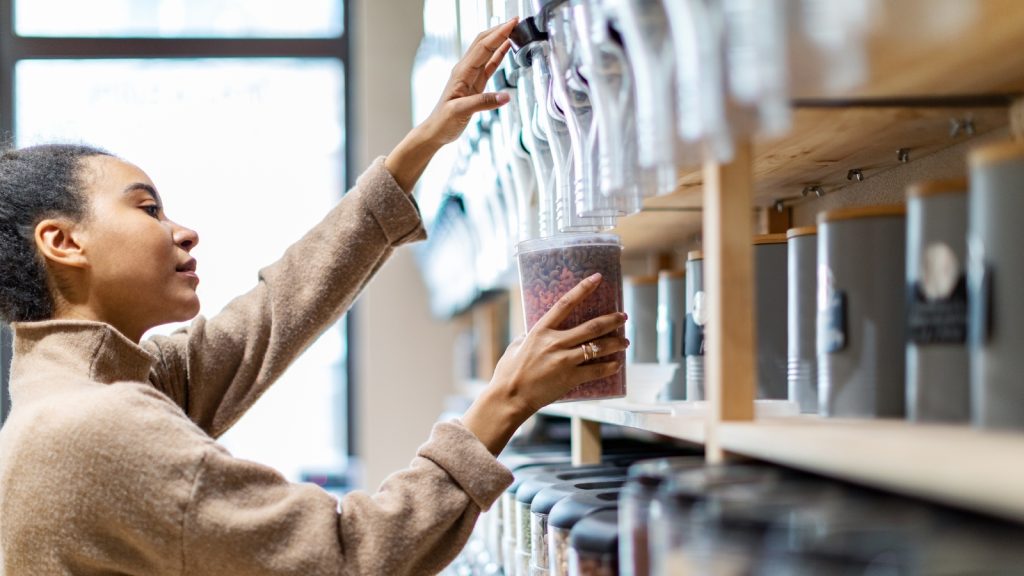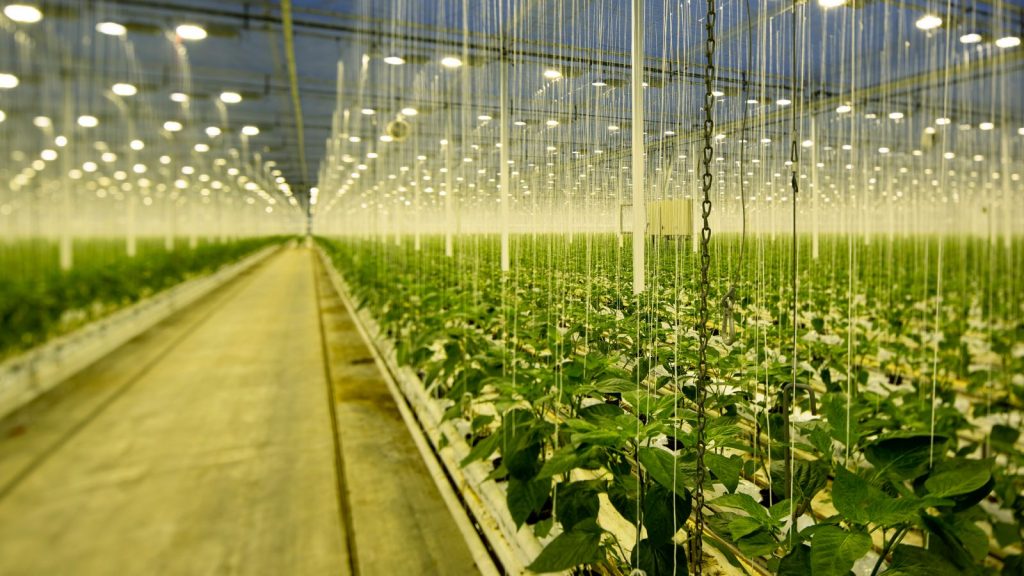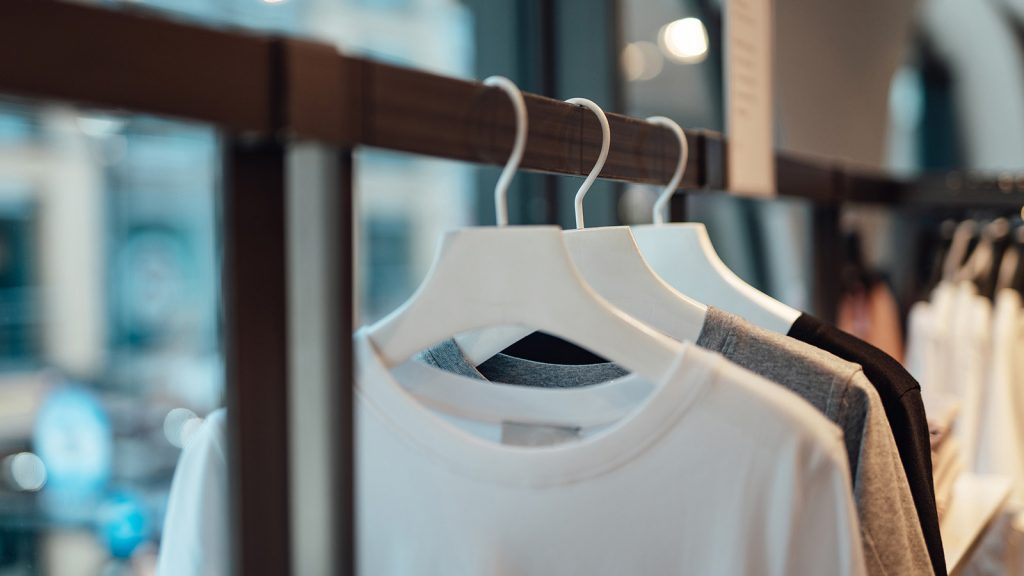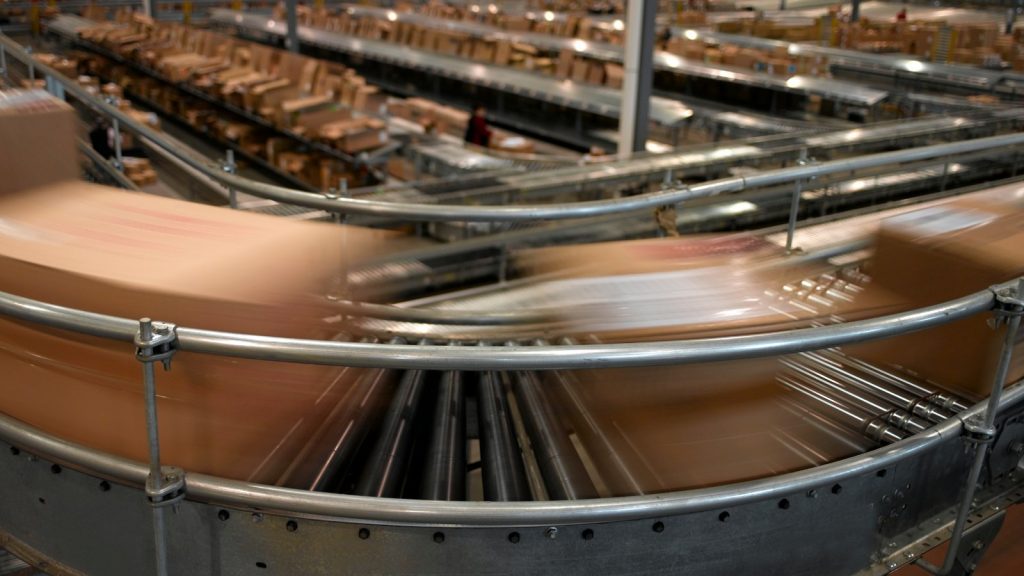
The resale revolution: unlocking sustainable luxury through technological innovation
The resale revolution: unlocking sustainable luxury through technological innovation
In the ever-evolving landscape of luxury consumption, the concept of resale has emerged supreme, reshaping traditional notions of exclusivity, accessibility, and sustainability. From vintage treasures to contemporary fashion staples, the resale market has captured the imagination of consumers worldwide, offering a new avenue for acquiring coveted goods.
We spoke to Marie Driscoll, Adjunct Professor, The New School, and Richard Kestenbaum, Partner, Triangle Capital LLC, about the intricate tapestry of factors driving the resurgence of resale, examining the pivotal role of technology in reshaping the landscape, and discussing the future trajectory of this dynamic industry.
The evolution of resale
Historically, luxury items like jewellery and watches have served as repositories of value, embodying craftsmanship, heritage, and prestige. However, the allure of luxury was often tempered by exclusivity, with access limited to a privileged few. The democratisation of luxury over the past few decades has shattered these barriers, ushering in a new era which sees luxury goods as more accessible to a broader audience. This democratisation, coupled with the rise of circular economics, has catalysed the growth of the resale market, offering sought-after brands at competitive prices.
The appeal of resale extends beyond affordability, tapping into deeper cultural and societal shifts. In an era characterised by environmental consciousness and sustainability, consumers are increasingly drawn to the idea of extending the lifecycle of products, reducing waste, and minimising their ecological footprint. Resale aligns with these values, offering a more sustainable alternative to traditional retail by giving pre-owned items a second lease on life. Further, the resurgence of vintage fashion and the allure of unique, one-of-a-kind pieces have fuelled the popularity of resale, appealing to consumers seeking individuality and self-expression.
The transformative role of technology
At the heart of the resale revolution lies the transformative power of technology. The advent of online platforms has revolutionised the way consumers buy and sell pre-owned goods, transcending geographical limitations and connecting buyers and sellers on a global scale. Platforms such as Fashionphile, The RealReal, and ThredUP have emerged as industry leaders, offering a seamless and user-friendly experience for both buyers and sellers.
One of the most significant advancements in the resale market has been in the area of authentication. As counterfeit goods proliferate in the online marketplace, consumers demand assurance that their purchases are genuine. Technological innovations, including AI-driven authentication algorithms and blockchain technology, have revolutionised the authentication process, providing consumers with confidence and peace of mind. Brands have also embraced these technologies, partnering with resale platforms to authenticate products and protect their intellectual property.
Additionally, technology has played a pivotal role in enhancing the customer experience and driving sales. AI-driven innovations power product descriptions and search functionalities, enabling users to discover products tailored to their preferences. Personalisation algorithms analyse user behaviour and preferences, curating a personalised shopping experience that fosters engagement and loyalty. As technology continues to evolve, the possibilities for innovation within the resale market are limitless, offering exciting opportunities for both sellers and buyers alike.
The impact of cultural shifts
Alongside technological advancements, cultural shifts have played a significant role in driving the resale revolution. Younger generations, in particular, have embraced resale as a means of self-expression, sustainability, and social consciousness. Gen Z and Gen Alpha consumers, in particular, prioritise authenticity, individuality, and ethical consumption, eschewing traditional retail in favour of more sustainable alternatives.
This shifting consumer mindset has propelled the popularity of resale, reshaping consumer behaviour and preferences in the process. What was once seen as second-hand is now regarded as a badge of coolness and environmental consciousness, reflecting a broader trend towards conscious consumption and ethical living. As sustainability becomes increasingly important to consumers, resale offers a viable solution for reducing waste, minimising environmental impact, and promoting a more circular economy.
Resale in a post-COVID world
The COVID-19 pandemic acted as a catalyst, accelerating the adoption of resale across various industries. As supply chain disruptions rocked traditional retail, consumers turned to resale as a viable alternative, seeking out pre-owned goods as a means of saving money and reducing their environmental footprint. Home goods notably experienced a surge in demand, reflecting a broader trend towards sustainable living and conscious consumption.
Collaborations between industry giants like DHL and Reflaunt underscored the resilience of the resale ecosystem, paving the way for future growth and innovation. As the world emerges from the pandemic, the momentum behind the resale revolution shows no signs of slowing down, with consumers increasingly embracing resale as a viable and sustainable alternative to traditional retail.
Challenges and opportunities for resale
Despite its meteoric rise, the resale market faces its share of challenges. The concept of a ‘price umbrella’ poses a significant obstacle, with profitability often contingent on selling higher-priced luxury goods. Platforms like Fashionphile thrive with average price points around $1,700, while others struggle with lower margins. However, technological advancements offer promising solutions to these challenges, from AI-driven authentication to enhanced search functionalities.
Furthermore, the integration of resale into brand platforms presents a unique opportunity for luxury brands to engage directly with consumers and cultivate brand loyalty. By embracing resale, brands can tap into a new audience while reinforcing their commitment to sustainability and circularity. White-labelling resale platforms offer brands greater control over the resale process, instilling confidence in consumers and safeguarding brand integrity.
As we look to the future, the trajectory of the resale revolution appears boundless. Technological advancements will continue to shape the landscape, offering exciting possibilities for both sellers and buyers. Brands must adapt to meet the evolving needs and preferences of consumers, leveraging resale as a tool for sustainability, engagement, and profitability. With each transaction, the resale revolution marches forward, unlocking a sustainable future for luxury and beyond.
The growing importance of brand collaboration
One emerging trend within the resale market is the collaboration between luxury brands and resale platforms. While some luxury brands have been hesitant to embrace resale, others have recognised its potential as a means of reaching new customers and enhancing brand loyalty. Collaborations between luxury brands and resale platforms offer several advantages, including increased visibility, access to new markets, and enhanced brand perception.
Luxury brands can leverage resale platforms to reach consumers who may not have considered purchasing their products at full price. By partnering with reputable resale platforms, luxury brands can tap into a new audience of environmentally conscious consumers who prioritise sustainability and ethical consumption. This collaboration allows luxury brands to extend the lifecycle of their products while reinforcing their commitment to sustainability and circularity.
Moreover, brand collaboration in the resale market can help luxury brands better understand consumer behaviour and preferences. By analysing resale data, luxury brands can gain valuable insights into consumer trends, purchase patterns, and product demand. This data-driven approach enables luxury brands to make informed decisions about product development, marketing strategies, and inventory management, ultimately driving long-term growth and profitability.
Brand collaboration represents a mutually beneficial opportunity for luxury brands and resale platforms to capitalise on the growing demand for sustainable luxury. By embracing resale as a strategic initiative, luxury brands can expand their reach, engage new customers, and reinforce their commitment to sustainability. As the resale revolution continues to evolve, collaboration between luxury brands and resale platforms will play a crucial role in shaping the future of luxury consumption.




